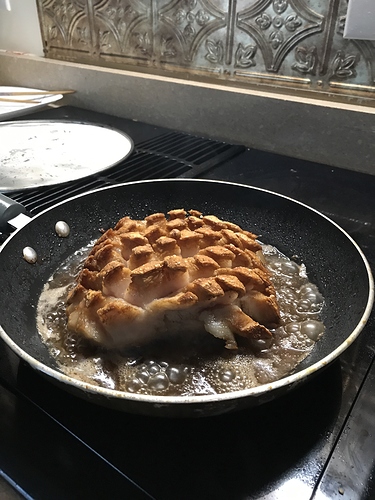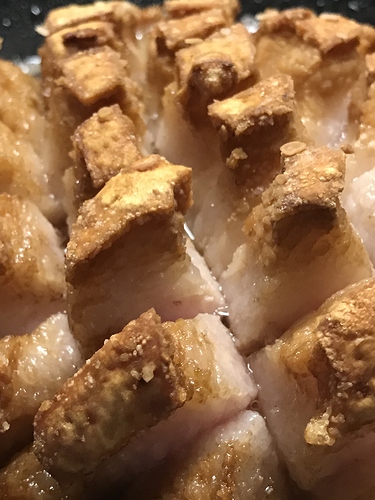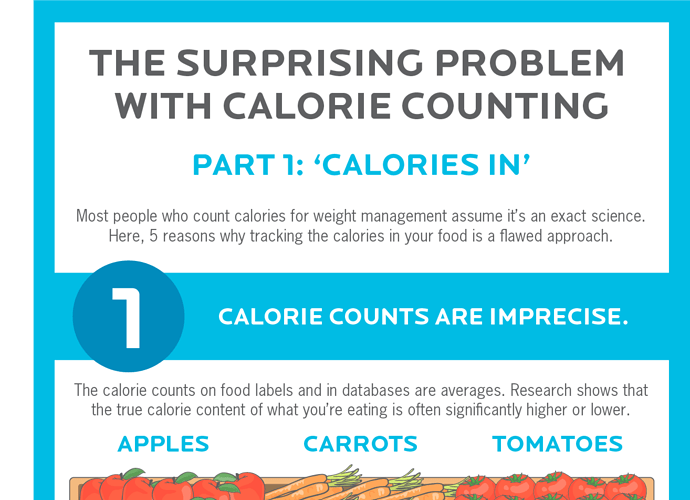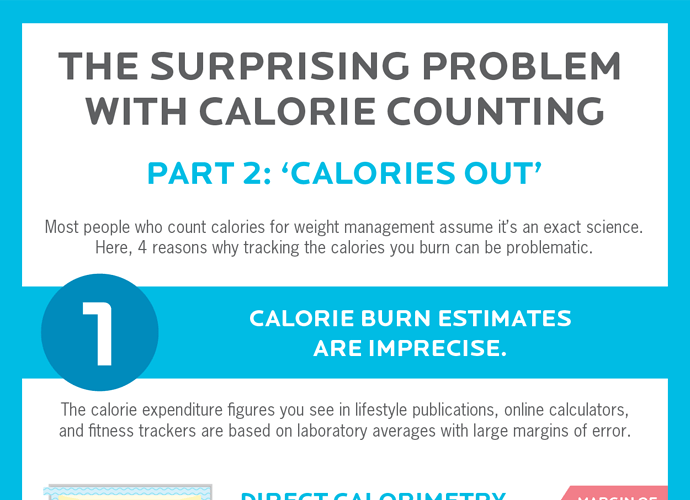Thanks for the link @BenBoy. For what it’s worth, after starting on keto again at the beginning of Jan, 2017, it took me about 6 months to determine my basal metabolism by trial/error. It turned out to be about 2500 cals, which really shocked me, given I was 71 years old! During the first 2 1/2 months I lost 30 pounds, which had not been my intention at all. I had initially intended to lose maybe 10-15 pounds to go from about 175-180 to about 160-165. I mistakenly guestimated my BMR as probably around 1800 for a not particularly fit/active senior male. So in accord with my initial keto ratios I ate 1500 calories.
It soon became apparent that I was losing weight faster than I thought I would. So after the first couple of months I started upping the daily calories by 100 cals each week or two. Still continued losing weight, although the more I upped the daily calories the slower I lost it. When I eventually got to 2500 I stopped losing weight. So for those first couple of months I was eating 1000 calorie daily deficit!
I have maintained my weight, give or take a couple pounds, at 150 since. I’m more active now and work a full-time job to supplement my retirement income. I’ve upped my daily calories to 2800. I find that if I eat more than that for a few days I gain and if I eat less than 2700 for a few days I lose weight.
I have also just completed an informal experiment regarding the effect of raw whole ginger root on fat burn measured by BrAce (breath acetone). I discovered that eating only about 10-15 grams per day accelerates fat burn significantly. In my case BrAce increases 2 - 3 times (and more!) from my base rate when I eat the ginger root. During this informal experiment that lasted about 10 days I also lost about 5-6 pounds, going from 146-7 to 141. In fact, I stopped because of the weight loss. I did not want to go to 140 or below. I plan to conduct a more controlled experiment in the near future to try to quantify what’s going on.
Anyway, I guess the point of all this is that calories and calorie counting matters to me, has worked well so far and I intend to continue doing it. Along with the calories, I track my macros and plan all my meals according to exact ratios. At first, it was a bit irksome to spend time doing all the figuring, etc. But soon after starting I developed an Open Office spreadsheet to simplify my calculations. I looked at several online macro and meal planners but nothing offered the precision and flexibility I wanted, nor the ability to tally and report totals in a completely transparent manner.
 Yes, weight loss progress usually slows down, but you have already made a huge beneficial change for yourself and your future.
Yes, weight loss progress usually slows down, but you have already made a huge beneficial change for yourself and your future.
 .
.







